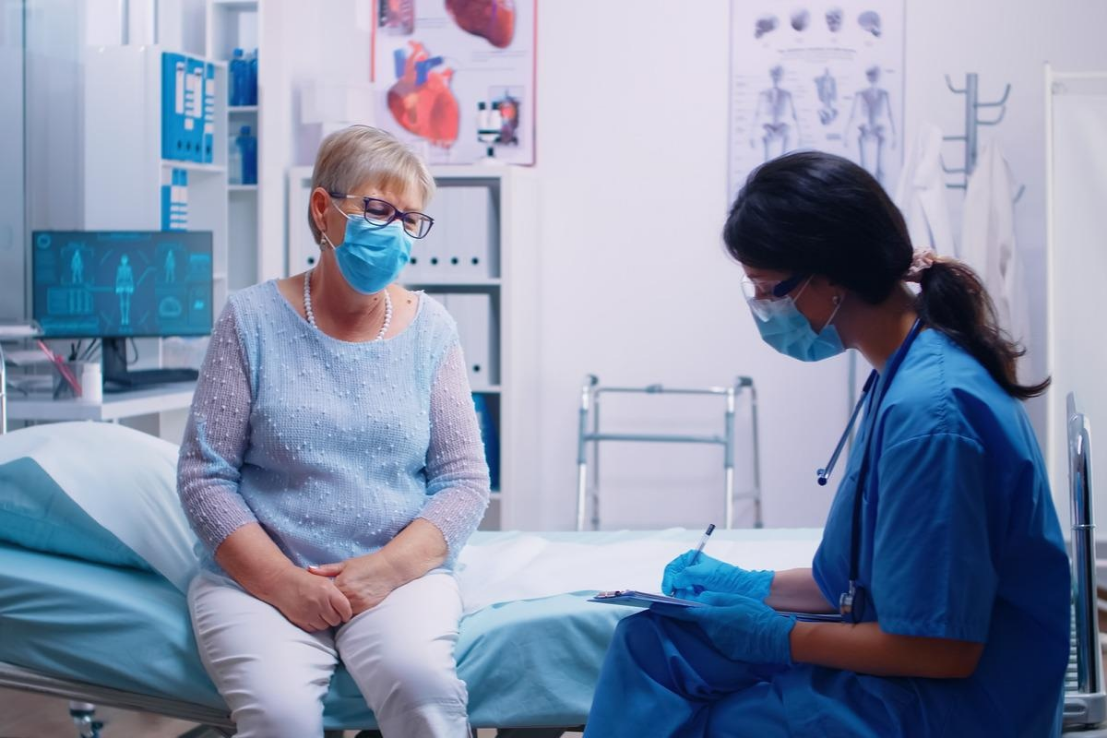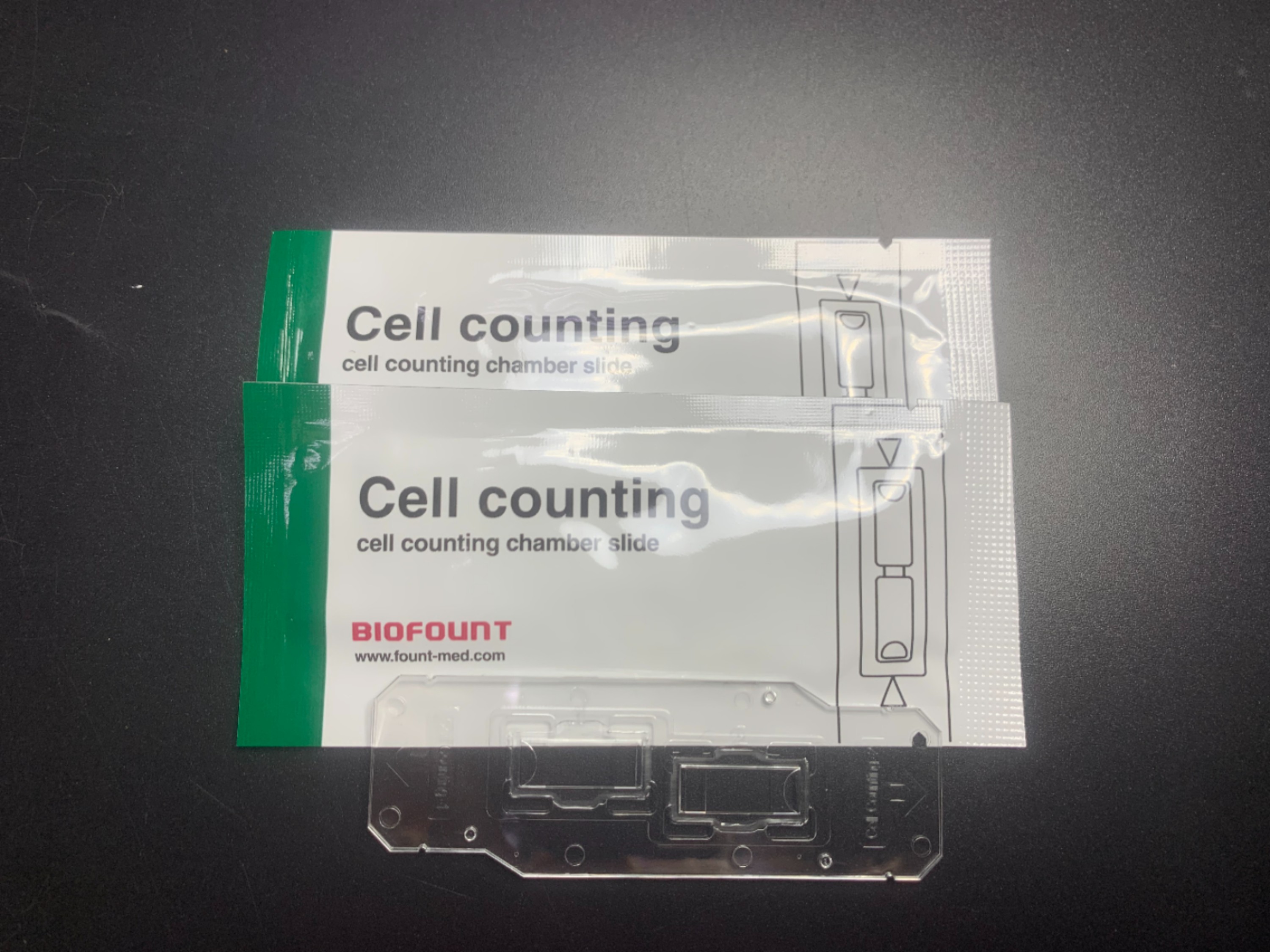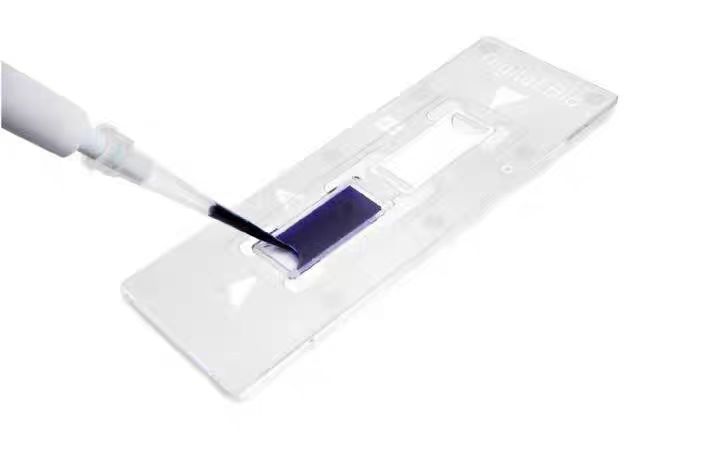Study explores the gut microbiome of COVID-19 patients
Date: 2022-02-23 Categories: Industry News Hits: 655
Study explores the gut microbiome of COVID-19 patients
A recent study posted to the medRxiv* pre-print server investigated the changes in the gut microbiome and the presence of severe acute respiratory syndrome coronavirus 2 (SARS-CoV-2) in stool samples of coronavirus disease 2019 (COVID-19) patients.

Study: Results from EDIFICE : A French pilot study on COVID-19 and the gut microbiome in a hospital environment. Image Credit: DC Studio/Shutterstock
Sanitary measures, widespread testing for COVID-19, and mass vaccine development have played a significant role in handling the massive damage caused by the COVID-19 pandemic. Many studies have reported the presence of SARS-CoV-2 in stool samples of infected patients as well as alterations in the gut microbiome; however, these findings require extensive research.
About the study
The present study illustrated the results of an observational, prospective, multicentric, and controlled clinical trial called EDIFICE that examined the gut microbiome and presence of SARS-CoV-2 in the stool samples of COVID-19 patients.
Between the period of 28 April, 2020, and 29 April, 2021, the researchers selected participants of ages 18 to 95 years, who could provide a stool sample without external intervention. The participants were classified into a group of healthcare workers operating in COVID-19 units which represented populations that were actively exposed to infected patients and a group of elderly patients hospitalized due to COVID-19. All the participants were given an in vitro diagnostic (IVD) home collection kit. Each test sample collected contained 1 gram of sample and 9 ml of stabilizer.
Deoxyribonucleic acid (DNA) in the stool samples was extracted using control samples of bacterial DNA to ensure the efficiency of DNA extraction and to monitor any contamination. The extracted DNA was quantified, and purity was verified by spectrophotometry. The microbial composition was profiled, and raw sequential data was generated. Ribonucleic acid (RNA) in the samples was also extracted and tested for SARS-CoV-2 by reverse transcription-polymerase chain reaction (RT-PCR). All the tests were conducted using positive and negative control.
Results
The study results showed that among the 143 participants eligible for the study, 64 were patients with COVID-19-related hospitalizations while 79 were healthcare workers working in COVID-19 units. The gut microbiome of a total of 55 patients was analyzed and 61 samples were tested by RT-PCR, among which 52 samples underwent both the microbiome and RT-PCR analysis.
On average, the age of healthcare workers was 41 years as compared to the average age of 85 years observed in the group of elderly patients, while the workers had a leaner body mass index (BMI) of 23 versus 26 in the elderly patients. Among the elderly COVID-19 patients, 11% reported hypercholesteremia, 24% had type II diabetes, 21% had kidney failure, 13% reported a history of stroke, and 16% had immunodepression. Furthermore, antibiotics were consumed in the past three months by 76% of the elderly patients and 9% of the healthcare workers, while proton pump inhibitors were consumed by 89% and 5% of the patients and healthcare workers, respectively.
A reduction in bacterial diversity in the gut microbiome was noted in 41% of the healthcare workers and 65% of the elderly COVID-19 patients as compared to the 25% diversity loss observed in the reference sample. Stool samples of around 2% of the healthcare workers and 61% of the COVID-19 patients tested positive for SARS-CoV-2. Notably, stool samples of seven out of the eight patients who died during COVID-19 hospitalization tested positive for SARS-CoV-2.
Alterations in the gut microbiome were observed in 33 of the 56 predominant genera, out of which a decrease in 26 genera and an increase in seven genera were reported in COVID-19 patients and healthcare workers, respectively. However, there was no noteworthy difference in the genera of stool samples testing SARS-CoV-2 positive and SARS-CoV-2 negative.
Conclusion
The study findings reveal alterations in the gut microbiome and decreased bacterial diversity in elderly COVID-19 patients. Stool samples of most of the COVID-19-hospitalized patients tested positive for SARS-CoV-2. It was also noted that the presence or absence of the SARS-CoV-2 RNA in stool samples and the impact of the infection on the microbiome did not affect the severity of oxygen required by the patient.
Due to the high percentages of SARS-CoV-2 positivity noted in stool samples, it is essential to examine the factors responsible for the presence of the virus in the digestive system and its symptomatic consequences on the human body. Further analysis of the progression of COVID-19 can help identify diagnostic biomarkers, such as the gut microbiome.
*Important notice
medRxiv publishes preliminary scientific reports that are not peer-reviewed and, therefore, should not be regarded as conclusive, guide clinical practice/health-related behavior, or treated as established information.
Journal reference:
· A.C.L. Cervino, R. Fabre, J. Plassais, G. Gbikpi-Benissan, E. Petat, E. Le Quellenec, L. Neuberger-Castillo, J-M. Laurent, L Iordache, M. Bouchahda, G. Marti, G. Chapelet. (2022). Results from EDIFICE: A French pilot study on COVID-19 and the gut microbiome in a hospital environment. medRxiv. doi: https://doi.org/10.1101/2022.02.06.22269945 https://www.medrxiv.org/content/10.1101/2022.02.06.22269945v1

 WAXFILM - 2IN*125FT
WAXFILM - 2IN*125FT  38m Waxfilm
38m Waxfilm  WAXFILM - 4IN*125FT
WAXFILM - 4IN*125FT  Cell Counting Chamber
Cell Counting Chamber  Cell Counting Chamber
Cell Counting Chamber  WAXFILM 1IN*125FT
WAXFILM 1IN*125FT